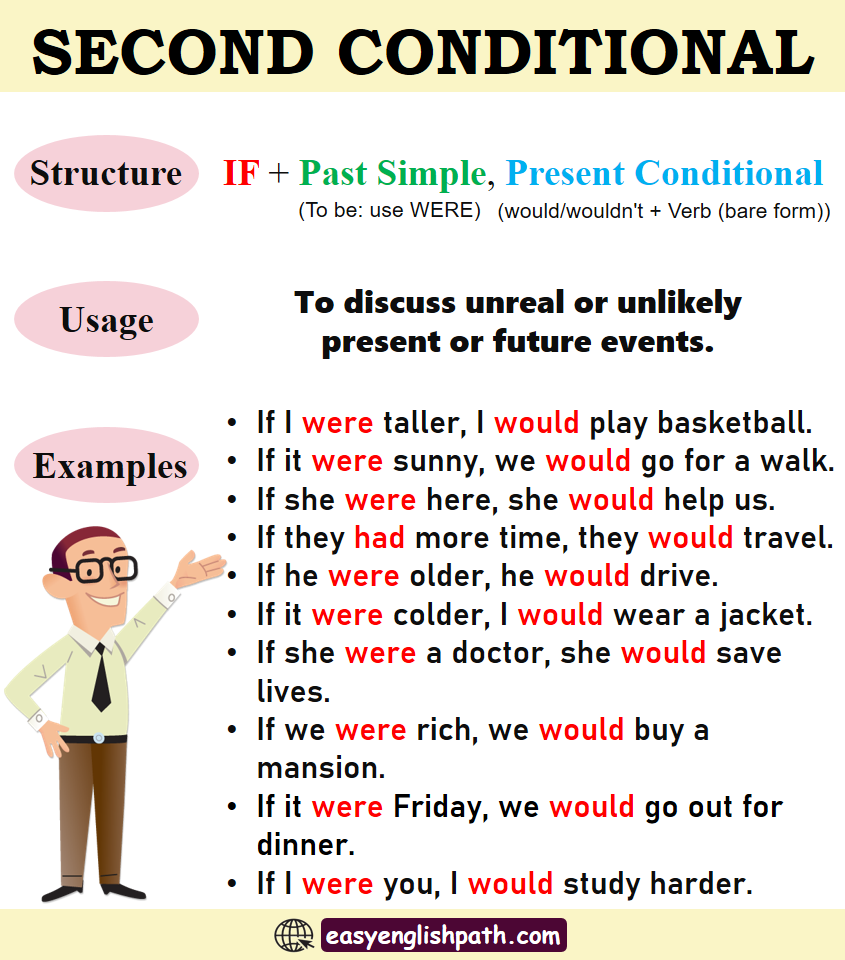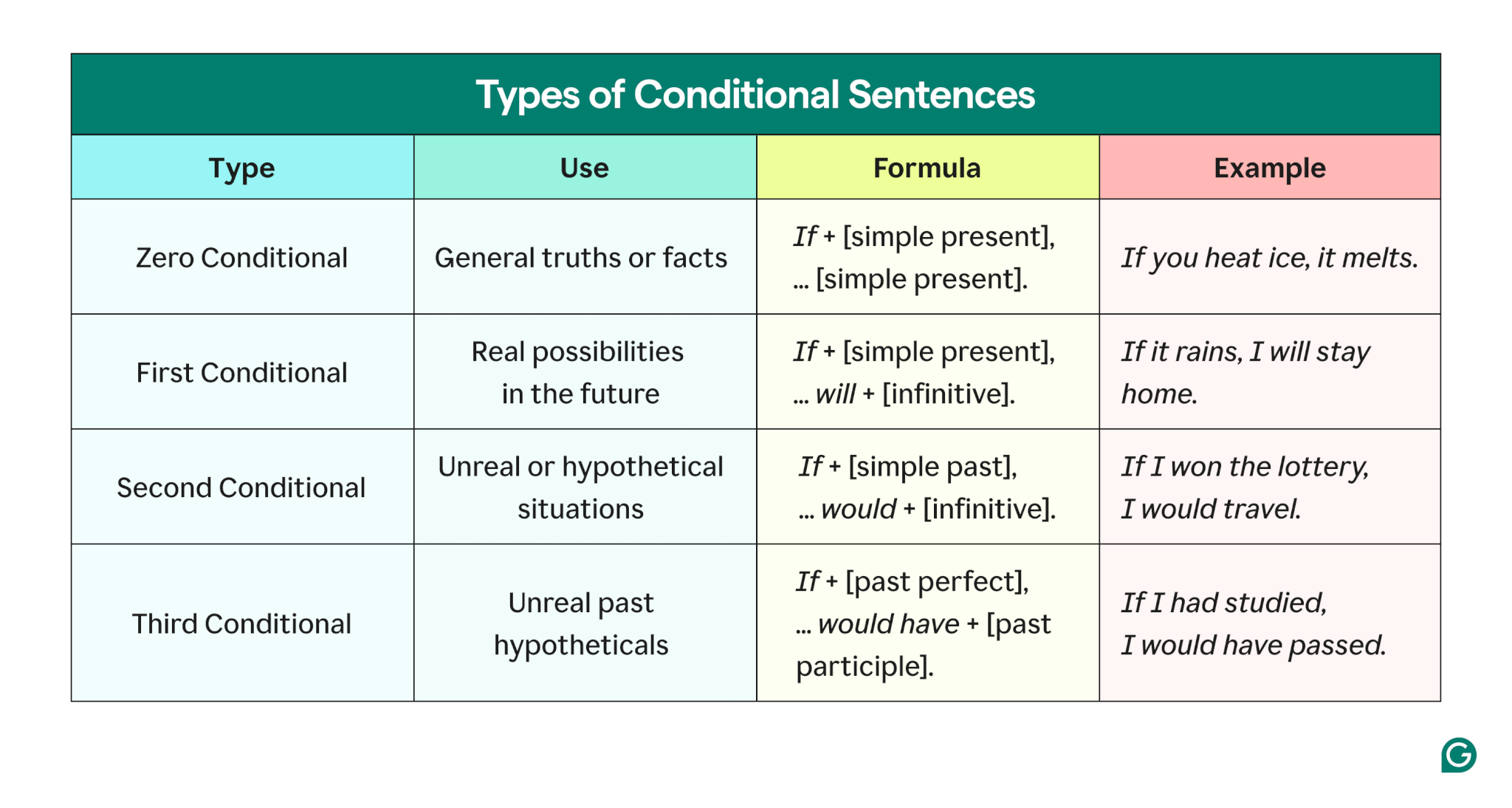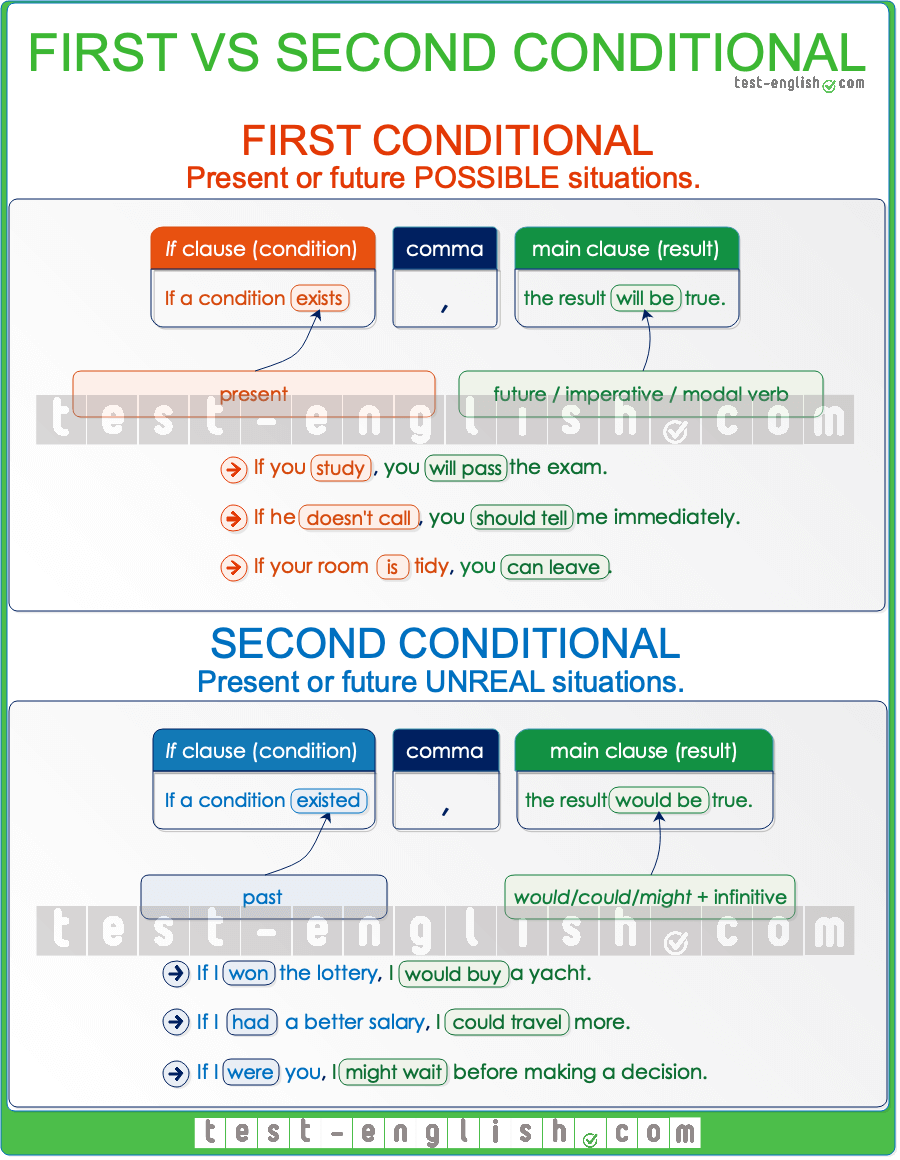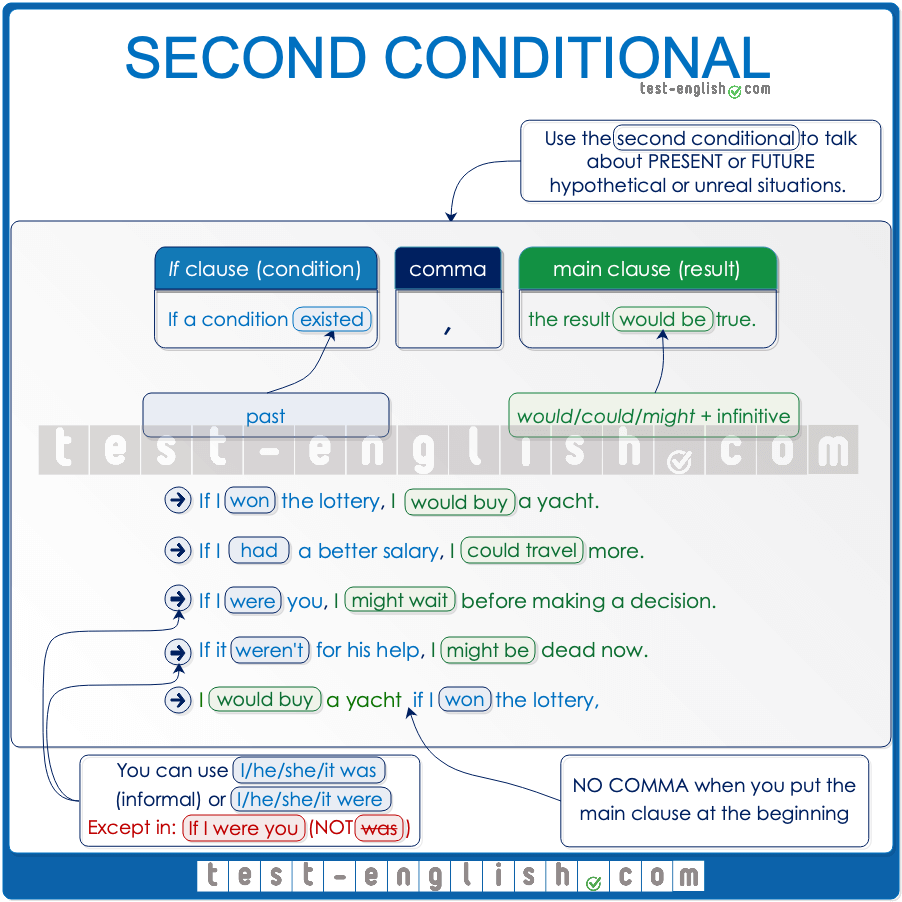Imagine you have a superpower that allows you to predict the future. That’s kind of how the second conditional works in English grammar. It’s all about hypothetical situations and their possible outcomes.
With the if clause second conditional, we can talk about things that could happen in the future if a certain condition is met. It’s like painting a picture of a potential scenario based on a specific circumstance.

if clause second conditional
Exploring the if clause second conditional
For example, if I won the lottery, I would buy a house in the countryside. Here, winning the lottery is the condition, and buying a house in the countryside is the possible outcome. It’s a fun way to speculate about what could happen in different situations.
The second conditional is often used to express desires, dreams, or unlikely events. It allows us to talk about things that are not currently true but could become true if a certain condition were to be fulfilled.
Whether you’re discussing your future plans, daydreaming about what could be, or simply having a bit of fun with language, the if clause second conditional is a versatile and engaging tool in English grammar.
So next time you find yourself pondering what might happen in a particular scenario, remember to whip out the second conditional and let your imagination run wild. Who knows what possibilities you might uncover with a little bit of if-clause magic!

Second Conditional In English Grammar With Examples EasyEnglishPath

The 4 Types Of Conditional Sentences Grammarly

Second Conditional Promova Grammar Promova Blog

Second Conditional Test English

Second Conditional Test English
